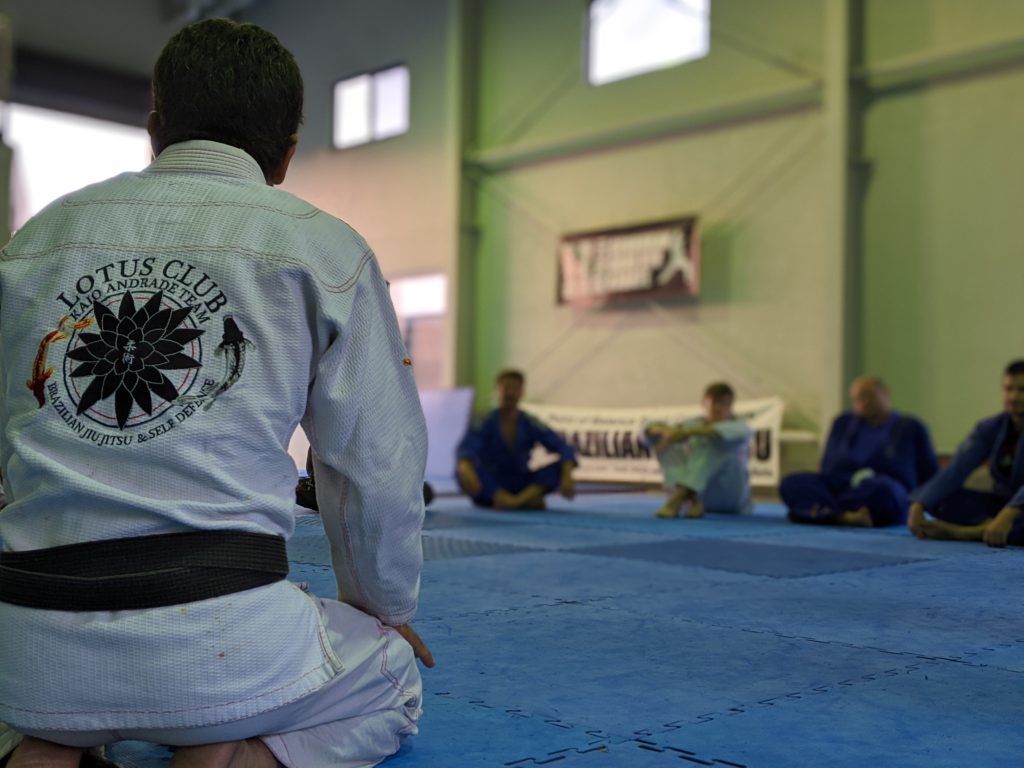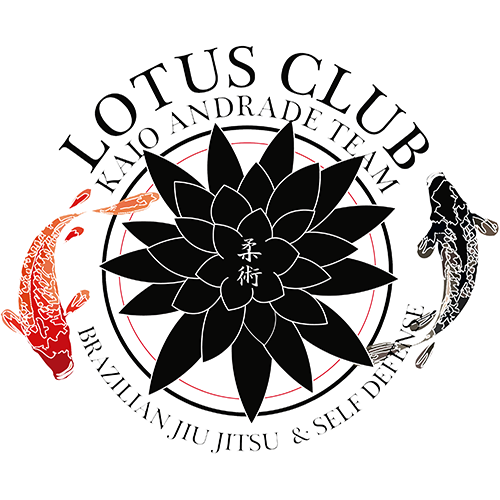By James Clear | Behavioral Psychology, Habits
The 3 R’s of Habit Change:
Every habit you have — good or bad — follows the same 3–step pattern. Read more
- Reminder (the trigger that initiates the behavior)
- Routine (the behavior itself; the action you take)
- Reward (the benefit you gain from doing the behavior)
…read about it in Charles Duhigg’s best–selling book, The Power of Habit (audiobook).
…there’s a lot of science behind the process of habit formation, and so we can be relatively confident that your habits follow the same cycle, whatever you choose to call it. Read more.
All habits form by the same 3–step process. Here’s an example: the traffic light turns green, you drive through the intersection, you make it closer to your destination. Reminder, routine, reward. (Graphic based on Charles Duhigg’s “Habit Loop” in The Power of Habit. Created by James Clear.)
Step 1: Set a Reminder for Your New Habit
If you talk to your friends about starting a new habit, they might tell you that you need to exercise self–control or that you need to find a new dose of willpower.
I disagree.
Getting motivated and trying to remember to do a new behavior is the exact wrong way to go about it. If you’re a human, then your memory and your motivation will fail you. It’s just a fact.
This is why the reminder is such a critical part of forming new habits. A good reminder does not rely on motivation and it doesn’t require you to remember to do your new habit.
A good reminder makes it easy to start by encoding your new behavior in something that you already do.
Read more:
– 5 Scientific ways to build habits that stick
– 18 Tricks to make new habits stick
– How to form a habit in 8 easy steps
– The rule of 3s for new BJJ students
You see, although you don’t know it yet, you’ve just started a habit. A deadly habit, may I add. Because, gradually you may find yourself coming up with more and more bad excuses for skipping training. I’m not saying that this happens to everyone, but when it does happen, this is how it always starts:
“I have a headache.”
“I have “stuff” to do.”
“I’m gonna be late anyway.”
“My toe hurts.”
Gracie points out that BJJ is a demoralizing sport. Participants feel great when things are going well, but then BJJ beats them up and humbles them quite often. Jiu-Jitsu is not designed for those with motivation issues after all.
Losing Your Passion for Fighting, Martial Arts, and/or Fitness?

